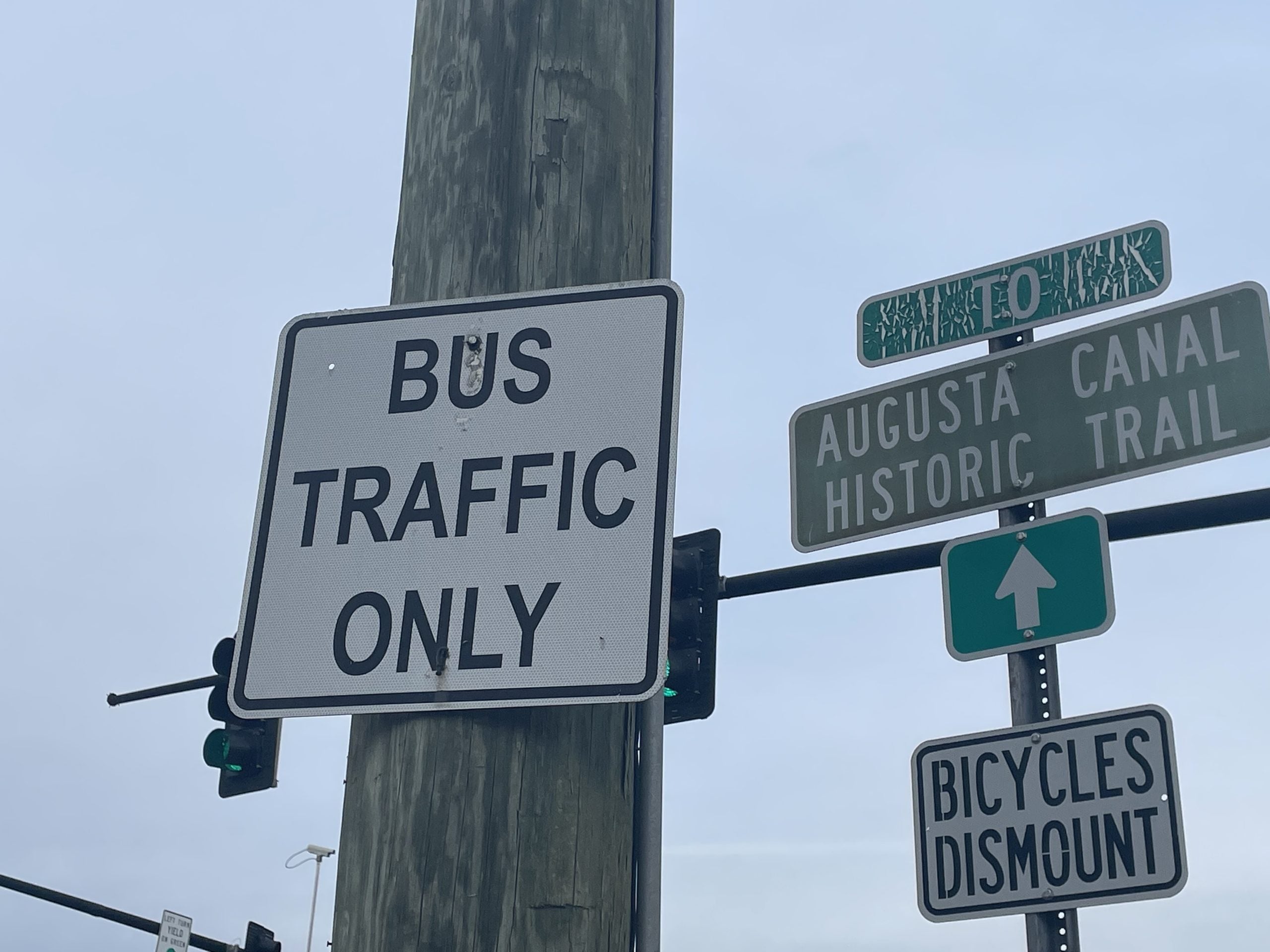Augusta Transit is seeking community input in making the city public transportation system useful and appealing to everyone, says Deputy Director of Public Transit Oliver Page.
“We have to improve our service,” Page said. “And so many people in Augusta-Richmond County who do not use transit do not want to use transit, but they would use transit if it met their needs.”
Public transportation studies via surveys, usually coordinated by consultants, are not uncommon in public transit systems. Augusta has conducted several over the years, mostly on board the buses.
In October of last year, however, Augusta Transit began conducting its latest survey entirely online, with separate surveys for riders and non-riders. Like most such surveys, the study aims to discern the expectations of current transit users, but it also seeks to understand the expectations of potential users.
Augusta Transit already has some understanding of what current riders want to see happen with the bus service. These improvements include running earlier in the morning and later in the evening, offering service on Sundays and expanding into south Augusta.
The service has 23 vehicles, 15 of which are the larger buses that run on its nine fixed routes: Walton Way, West Parkway, East Augusta, Turpin Hill, Washington Road, Gordon Highway, Augusta Mall, Barton Chapel and Lumpkin Road.
“A lot of developments are happening far away from fixed route,” Page said. “You have lots of developments in south Augusta, and we have lots of developments in West Augusta. For people who do not use a bus, they’re saying, ‘Well, Transit doesn’t get to where I want to go. I want to bus in my neighborhood.’ ”
Residents who don’t use the service, however, have similar but slightly different needs. Many non-riders are transplants from larger cities in the Northeast where more comprehensive public transit systems are common.
“They realize, ‘Wait a minute, we can’t use transit down here because everything is car based,’” said Page. “And so, we want to find out from them what we can do to make [them] consider using transit, to preserve some of the trips.”
The online surveys are still ongoing. So far, data indicates that non-riders slightly prefer that the bus routes expand to include the Augusta Regional Airport, while riders prefer a route to Tobacco Road.
Another subtle difference is that riders, who are currently trending toward those with lower income, would be willing to pay $1.50 for a bus ticket, whereas non-riders are a little more likely to be willing to pay the current bus fare of $1.25.
Riders also seem to prefer the option to pay with credit or debit cards, whereas non-riders would prefer to pay through an online app. Currently, the bus service only accepts cash for fares.
However, there is plenty more data to gather, as Augusta Transit aims to get at least 1,000 responses for each survey. As of the writing of this article, 126 people have responded to the survey for regular users the bus service, and about 500 have responded to the survey for non-riders.
Enhancements to the city’s bus system are in the works, including the addition of routes to the airport and Tobacco Road. Last August, Augusta Transit received a $6.2 million federal grant toward adding electric buses to its fleet through the advocacy of Sen. Raphael Warnock and Sen. Jon Ossoff. Page hopes the new vehicles should be part of the fleet by 2024, and in the meantime the department has purchased three used buses that should be added by this summer.
Augusta Transit also intends to bring the rider survey back on-board buses by the end of March. The information gathered from the survey, once enough responses have been received, will be analyzed for a report to be presented to the Augusta Commission.
The ultimate aim of this report would be more funding, which the transit agency would use towards improvements such as route expansion, increasing service frequency, developing an app to both track and pay for bus trips, and replacing old buses in frequent disrepair.
“A decent bus system takes years to develop,” said Page. “And if we don’t get started, we’re never going to have a decent bus system.”
In order to receive 80% in federal funds, the transit agency must match it with 20%. Page hopes the report will help the Augusta Commission to provide the funds needed to draw more people to use public transport.
“I think the commissioners know the importance of transit, but this will give us more weight to the fact that we need to invest in transit,” Page said. “Everyone should have the option of riding transit. And this report hopefully will show this is what needs to be done in Augusta Richmond County to get more people.”
To participate in Augusta Transit’s survey, visit https://www.augustaga.gov/3066/Survey.
Skyler Q. Andrews is a staff reporter covering business for The Augusta Press. Reach him at skyler@theaugustapress.com.











